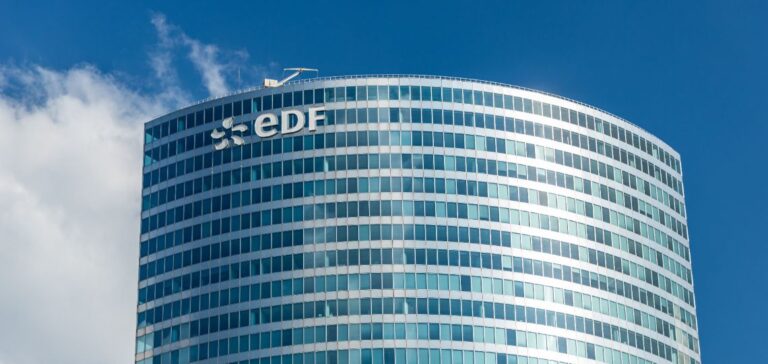The French government has urged Électricité de France (EDF) and representatives of energy-intensive industries to intensify their talks in order to reach an agreement on electricity tariffs by summer. This demand comes as commercial negotiations between the state-owned operator and industrial consumers have stalled for over a year due to disagreements regarding proposed pricing for future long-term contracts.
The State aims to replace the current preferential tariffs by the end of 2025 with a new framework called “nuclear production allocation contracts” (contrats d’allocation de production nucléaire, or CAPN), which would establish volume and pricing commitments. These contracts are intended to secure nuclear electricity supply for industrial consumers while ensuring sustainable revenue for EDF. However, discussions have faltered over the benchmark price, which has been deemed too high by companies in sectors such as chemicals and metalworking, citing threats to their international competitiveness.
Strategic leadership shift under scrutiny
This standoff emerges in the context of a leadership transition at EDF. Luc Rémont, the former chairman and chief executive officer dismissed by the Élysée, had maintained the need for a break-even price of around €60 per megawatt-hour, arguing that the company must avoid selling below cost in order to protect its nuclear investment capacity. The government, as majority shareholder, has not publicly stated a preferred price point but continues to advocate for a “realistic” compromise, according to a source close to the Ministry of Energy.
To date, only two contracts have reportedly been signed according to EDF. The government, however, has acknowledged only one, representing less than 1% of the 40 terawatt-hours targeted under the 2023 agreement. The slow progress has raised concerns among public authorities over the industrial viability of sectors reliant on competitively priced electricity.
Priority mission for Bernard Fontana
The designated successor to Luc Rémont, Bernard Fontana, currently chief executive officer of Framatome, is expected to be heard soon by the economic committees of Parliament. According to the Ministry, one of his main objectives will be to “make progress on this issue” of CAPN, as specified in the mission letter to be issued upon parliamentary confirmation of his appointment.
The appointment of Bernard Fontana is interpreted by several sources familiar with the matter as a strategic repositioning of EDF’s governance around nuclear priorities defined by the executive. Balancing economic viability between power generation profitability and affordable costs for industry remains a key challenge in the current year.






















